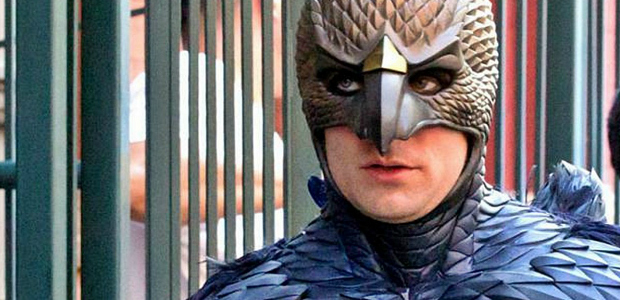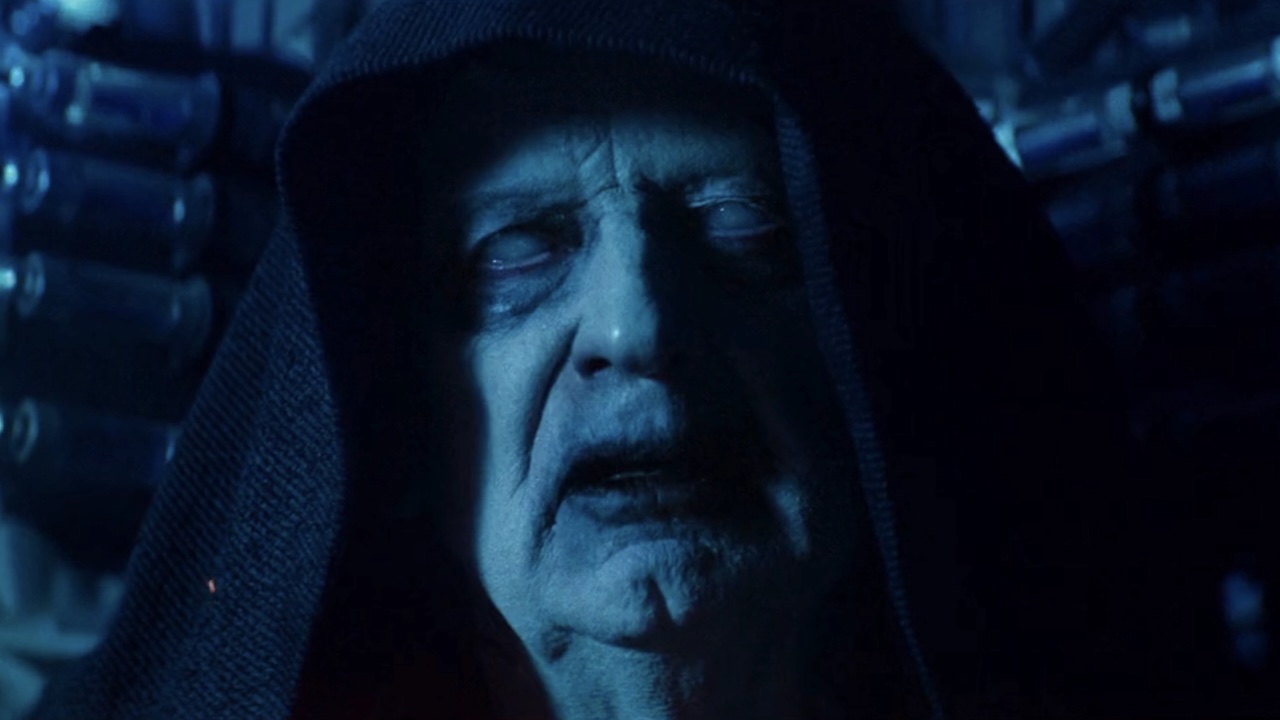After a barrage of cinema brilliant, bizarre and occasionally boring, the New York Film Festival drew to a close this year with Alejandro González Iñárritu's Birdman: The Unexpected Virtue of Ignorance, which has been driving the internet into an anticipatory frenzy since its first trailer hit. It quick became my most anticipated movie of the year because it brought the spotlight back to an icon of my childhood, the one and only Michael Keaton. After a film fest that was studded with disappointments, I was a bit desperate for Birdman to live up to my expectations. Little did I expect it to far exceed them.
Michael Keaton shines as Riggan Thomson, an aging superhero-movie star whose glory days are decades behind him. Desperate to recapture recognition and relevance, Riggan sinks all his time, money, and energy into writing, directing and starring in a Broadway play adaptation of Raymond Carver’s What We Talk About When We Talk About Love, which is fast-approaching its opening night. But he's cracking under the pressure. A snarling voice whispers to him when he's alone. And when he's not alone, he's surrounded by conflict thanks to his uptight best friend/lawyer (Zach Galifianakis), his furious assistant/daughter (Emma Stone), his needy co-stars (Naomi Watts and Andrea Riseborough), and a loose canon Broadway star (Ed Norton).
There's an obvious setup for meta humor as Riggan could seem a doppelganger for Keaton. (One forged his reputation in Birdman action movies, the other in Batman action movies.) While that does add an element of excitement and potential text to the narrative, Iñárritu's real target is showbiz at large. No one is exempt from this smart and hilarious satire, not artists, fans, or critics. Birdman plants us in the St. James theater where Riggan's show will play, and weaves through its stages, stairwells, and riggings to shine a light on all the insanities and indignities inherent in production. But it also explores our deep need to create.
As his hero makes the leap from action movies to Broadway, Iñárritu takes a risky leap on his own, from dramas (Babel, Amores Perros, 21 Grams) to comedy. And he sticks the landing. Birdman blends its satire with whip-smart banter, surreal spectacles, and some remarkably honest moments of observational humor. Better yet, Birdman is not only fantastically funny, but also a feat of production.
As you may have heard, the film is shot as if continuous. Not in real time, mind you. The handheld camera flows out of dressings rooms, down hallways, through doorways, and sometimes swish-pans through time dissolves, resulting in nearly an entire film that looks like it's one take. In reality, this meant meticulously blocked scenes, and takes that went as long as ten minutes, making every error a potentially major one. And yet, Birdman is strong.
Naturally, there are some drawbacks to this approach. This way of shooting allows for no coverage, so much of the film is made of up close-ups and two-shots that are often more utilitarian than artistic. Likewise, certain scenes--like a same sex lip lock--must be kept whole even if they feel forced in their final execution. You'd think this approach would demand perfection, lest the flaws be evident. Birdman's execution is not perfect. But I'd actually argue there's some virtue in this approach that risks warts and all.
Looking at the lighting in the film is not something I often do on a first watch through. But with characters bobbing and weaving in and around St. James, the rigs used to light them are often in frame. However, these are not the ugly light kits you'd usually see on Hollywood sets. Instead, Iñárritu and his team got creative, planting bare light bulbs, lacing rails with blue LED lights, and placing ceilings with convenient florescent panels. The characters in Birdman are always thoughtfully lit, no matter where they wander. And while you might notice these bare bulbs, I suspect they are meant to draw our attention. Consider these the brushworks on Iñárritu's portrait of the joys and travesties of show biz.
Your Daily Blend of Entertainment News
There's a splendid lunacy to Birdman. It radiates with emotion and energy, spinning through its continuous editing style with an elegance and ego that is intoxicating. A jazzy drum score threads throughout, sometimes diegetic, sometimes not, always impactful. Its uneven rhythms fill you with a sense of excitement and anxiety, perfect for this playhouse fast approaching its make-it-or-break-it debut. And while Iñárritu will surely be a contender for Best Director honors, his cast deserves heaps of praise for being able to pull off such an unconventional and complicated endeavor.
Placed well outside the schlubby niche he's become known for, Zach Galifianakis is sharp and still quite funny as the relentlessly protective lawyer. Naomi Watts and Ed Norton share an explosive chemistry as warring co-stars/lovers, yet Norton is at his best when his egomaniac condescends to Riggan with slick and reckless lectures. But for all its showbiz snarking and outrageous gags, Birdman contains at its core a tender and eccentric father-daughter story that Emma Stone and Michael Keaton make unforgettable.
Stone is allowed to shed her nice girl shtick and smiles to dig into a bitter twenty-something who is in recovery and blames her too-absent celebrity dad for all her troubles. It's a role that could play as little more than cliché, but Stone brings enough street smarts and fragility to the part that her Sam is distinctive, challenging, and mesmerizing. But it is Keaton who owns this movie.
I struggle to begin describing Keaton's performance in Birdman. So much is demanded in this role. He's playing a character who is selfish, wrathful, and a bit stupid. Yet it's key that the audience like him enough to want to invest in his journey. Keaton allows himself to be shown haggard--or as Riggan calls it "like a turkey with leukemia." But even underneath mottled skin, wrinkles, thinning hair, and too tight tighty whities, Keaton's natural charisma makes Riggan's a charmer. More than that though, Keaton must guide us through a movie that veers from dark comedy to drama to fantasy as it follows him through the streets of Times Square and beyond. Whether wrestling with Norton (and his dignity) in a battle of egos gone physical, or reconnecting with his wounded daughter, or embracing Riggan's alter ego in a gonzo action sequence, Keaton is always credible and captivating. This will no doubt this will go down as one of the greatest performances of his career.
In the end, Birdman is many things. It's an ambitious and beautifully executed experiment. It's a technical wonder that will be examined for decades to come. It's a showbiz comedy with bite. It's an earnest and moving entry in the all too underserved genre of father-daughter drama. It's a reminder how goddamn gripping Keaton is as an actor. But above else, please know this: It's a hell of a good time.
Staff writer at CinemaBlend.


